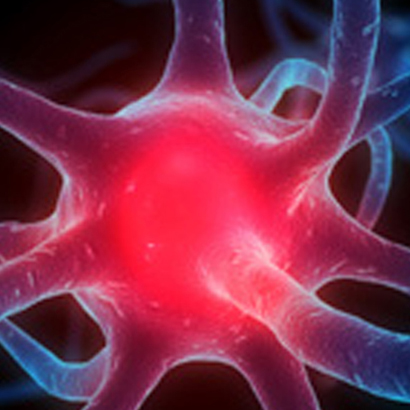Our Program
Why Biochemistry?
If you want to understand how life is possible, how carbon, nitrogen, oxygen, sulfur, phosphate and a few metals combine to create complex organisms like ourselves, biochemistry is the answer.
Biochemists study the chemistry of life: the complex molecules of which cells are constructed; the chemical reactions that provide the cell with energy; the proteins, nucleic acids, carbohydrates and lipids that orchestrate cellular reproduction, that control myriad processes, that allow cells to communicate with each other.
Biochemists seek to understand the chemical basis for diseases such as cancer, diabetes, Alzheimer’s that disrupt the ability of cells to function and cooperate. As a biochemist, you can conduct basic research, to understand how life works. You can study the genetic basis of disease, or how viruses and microorganisms cause sickness and death.
You will be valued as a teacher or researcher in academia, as an applied scientist in the biotechnology and pharmaceutical industries, and as a policymaker and advisor in government. Biochemistry is the foundation of all of the sciences concerned with the processes of life in health or their disruption in disease, including physiology, neurobiology, immunology and genetics. So, as a biochemist, your field of study is all of life, and the physics and chemical principles that make it possible.
Video
A Blend of Chemistry and Biology
Program faculty members come from the Department of Chemistry & Biochemistry, the Division of Biological Sciences, the Department of Biomedical & Pharmaceutical Sciences and the Department of Computer Science. Faculty expertise includes structural biology, bioinformatics, enzymology, protein dynamics, RNA biology and the molecular genetics of pathogenic organisms.
Undergraduate majors receive a solid foundation in both chemistry and biology. Biochemistry courses start in the freshman year and Advanced Biochemistry is taken in the junior year, leaving room for advanced level electives in the senior year. Our majors are introduced to faculty research in our second-year seminar course, providing them with the impetus to pursue independent research with faculty. The major also introduces students to computer science and bioinformatics, essential tools in modern biochemistry. The B.S. in Biochemistry prepares students for advanced degrees in biochemistry, for medical or veterinary schools and for careers in the pharmaceutical and biotechnology industries. A Health Professions option is also offered within the B.S. in Biochemistry. This option allows a broader choice of electives so that students may shape their degree to fit their career goals. For students whose interests lie at the junction of computer science and biochemistry, we offer a B.S. in Computational Biochemistry. This degree emphasizes new technologies in molecular modeling, simulations, and bioinformatics. Students desiring a basic grounding in biochemistry to complement their primary major can choose to pursue a minor in Biochemistry.
The graduate degrees in Biochemistry & Biophysics prepare students to be independent researchers in academic laboratories or in the biotechnology and pharmaceutical industries. Through coursework and independent research, graduate students in this program will become adept at the physical and structural methods necessary to probe important problems in the life sciences at the molecular level. Students in our graduate program benefit from the rich research community provided by related graduate programs in the Biomedical, Cellular, Biochemical and Chemical Sciences. The Center for Biomolecular Structure & Dynamics is a nexus for this broader research community. It supports state-of-the-art facilities for research in biochemistry, biophysics and structural biology.
